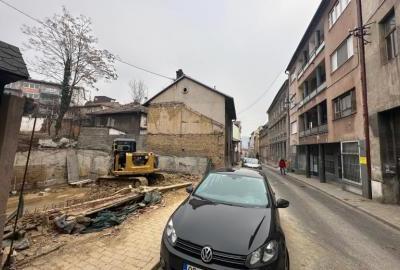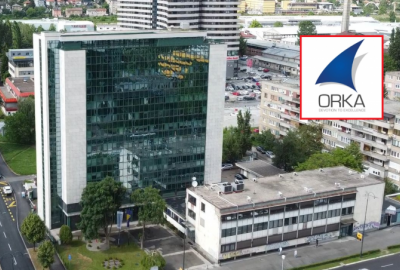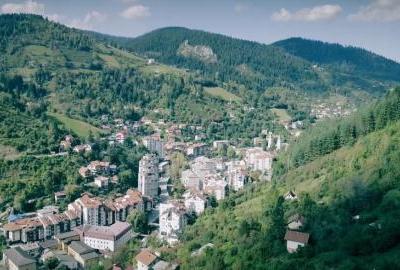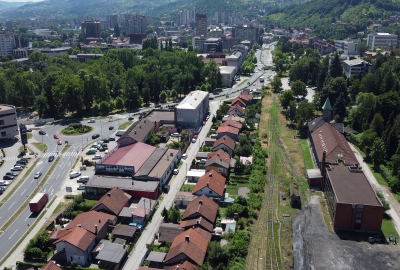Žurnal in English
THE LIFE OF ONCOLOGY PATIENTS IN ZDC: Long Waiting Lists, Expensive Private Examinations, and the Inability to Reimburse Costs
Patients at the Oncology Department of the Zenica Cantonal Hospital have been facing poor conditions for years, including overcrowded waiting rooms, lack of equipment and staff, and excessively long waiting lists, all of which hinder their treatment. Although, according to the authorities, funds for the construction of a new Oncology Department have been approved, the project remains stalled due to property-legal issues. Essentially, the root cause lies in inter-party conflicts. The SNOP Association of Oncology Patients highlights the issue of waiting lists as a primary concern, especially for MRI and CT scans.
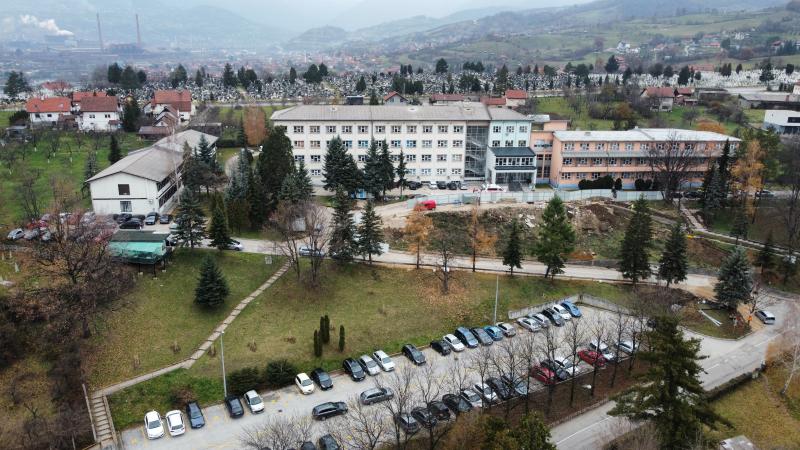
In January this year, Dijana Božić-Srdanović from Zenica discovered she had cancer. She underwent surgery at the Zenica Cantonal Hospital in February and soon began her treatment at the Oncology Department, where she witnessed the appalling conditions faced daily by the most severely ill patients from the Zenica-Doboj Canton.
"My first impression was the incredibly large crowds. When you're not in the best physical condition, you come in and have nowhere to sit, and then you wait for hours to receive therapy. Even on the day you're scheduled, nothing is organised in any proper order," Božić-Srdanović told Žurnal.
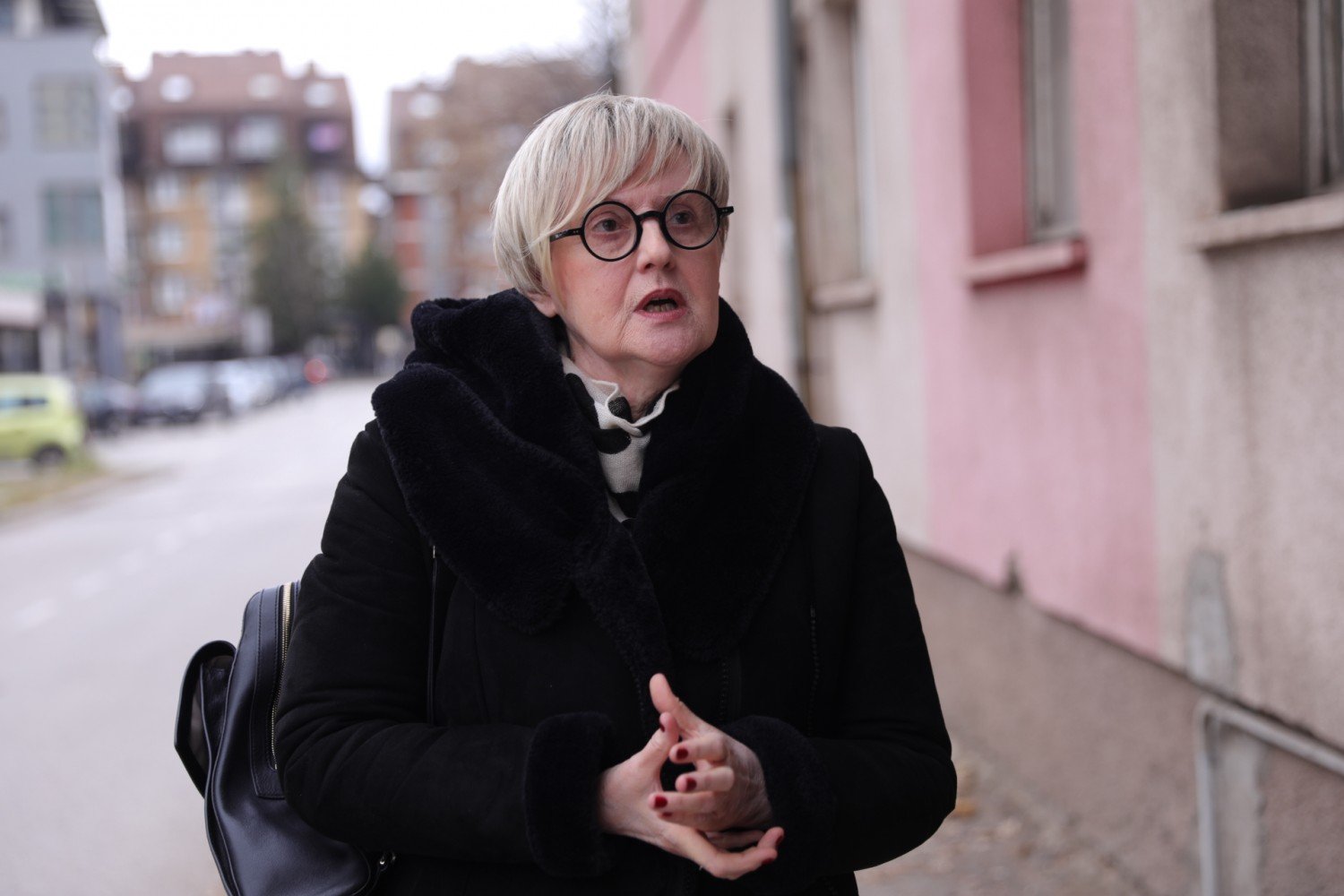
She says she is satisfied with the attitude of the medical staff towards the patients, mentioning that the doctors even apologised for the poor conditions:
"The staff are fantastic, truly. They try to make things easier for us, but you can't make it easier for people if there aren’t enough chairs, if it’s 40 degrees outside, and the air conditioning can’t cool the space. The situation was simply such that people endured it in silence because they had no choice. That is discouraging for a patient who, in such a place, should be receiving some hope and extra energy."
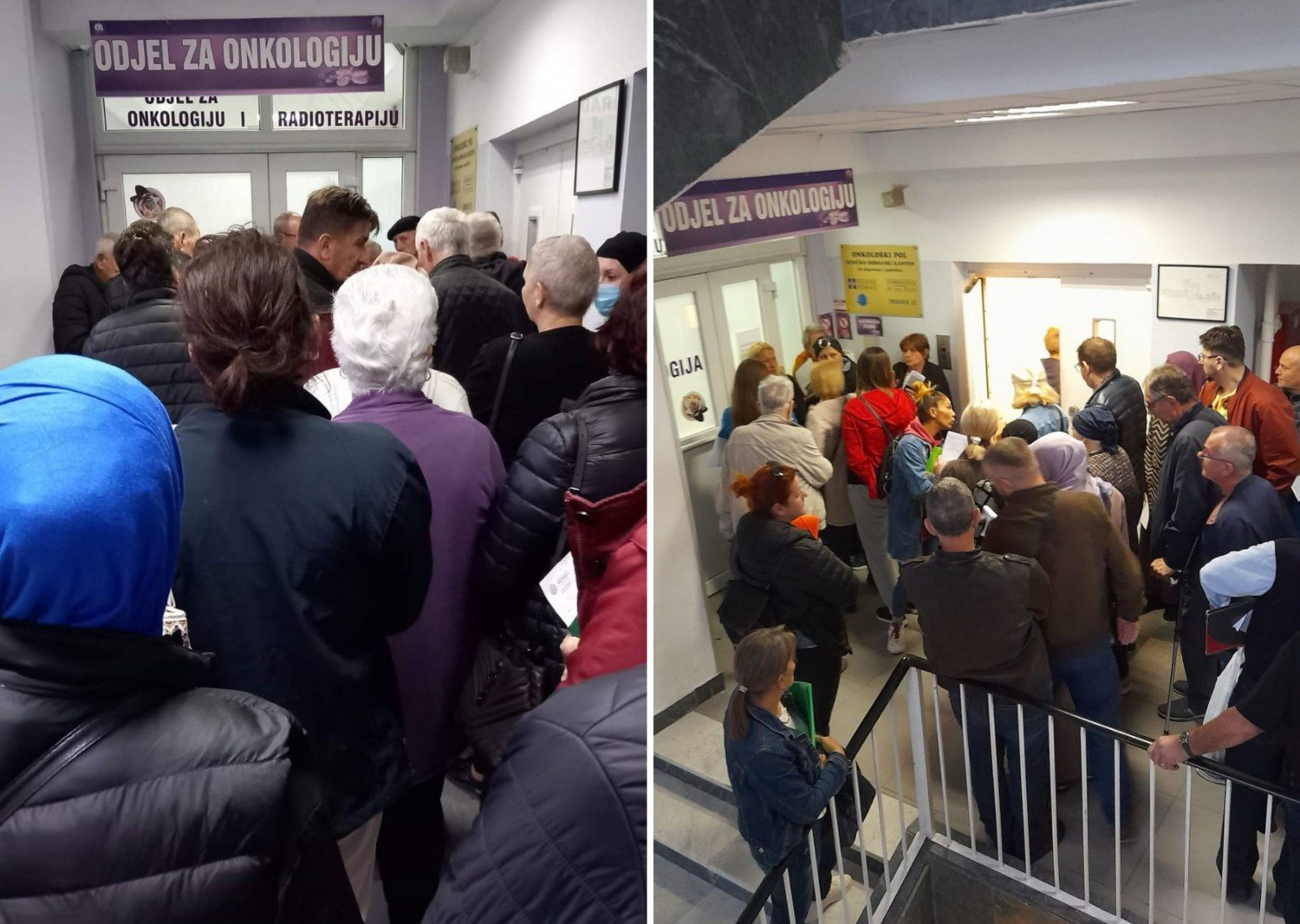
She also recalls an instance when her therapy was postponed because there was no pharmacist available?!
"I repeat, thanks to the staff, you always had a reason to return with some new hope. But, for example, one time I came in and couldn’t receive my therapy that day. Why? Because there was no pharmacist to prepare the mixture for my medication. I thought it was a short-term issue, that someone had gone on leave unexpectedly. However, it turned out to be a prolonged problem. They simply didn’t have the personnel. My therapy was only postponed briefly, maybe a day or two, but I was told I’d have to come back very early the next morning. People, especially those coming from outside Zenica, were arriving as early as 4 a.m. to secure their place in line. The staff were, understandably, extremely frustrated, but you can imagine the frustration of the patients," said Dijana Božić-Srdanović.
She is just one of the, unfortunately, many oncology patients from the Zenica-Doboj Canton who are or have been treated at the Oncology Department of the Zenica Cantonal Hospital, where they have encountered conditions that, to put it mildly, have been inadequate for years.
EBRD FUNDS ON HOLD
The poor conditions at the Zenica Cantonal Hospital, particularly in the Oncology Department, have been acknowledged by the hospital's director, Dr Tarik Zulović. During a recently held roundtable in Zenica, which focused on oncology and radiology hospital capacities, he reiterated the plans for constructing a new hospital, including a modern Oncology Department.
However, as previously reported, the key issue lies in the fact that, in December 2023, the Supreme Court of the Federation of Bosnia and Herzegovina ruled that the land and all facilities within the Zenica Cantonal Hospital complex belong to the City of Zenica, not the canton or the Cantonal Hospital itself.
This means that no project can be implemented without the consent of the City Council and the mayor. In line with this, the Zenica City Council recently annulled a decision, as announced by Zenica Mayor Fuad Kasumović to Žurnal, which had previously granted the hospital use of the land and facilities free of charge.
Director Dr Tarik Zulović emphasised that building a new Oncology Department is a priority. He noted that EBRD funds – approximately five million KM – have already been approved for the project, but they are tied to several other necessary works.

"Specifically, within the EBRD framework, oncology is planned to be developed alongside the radiology building. This project is connected to the boiler room, gas pipeline, and insulation of the internal medicine building. The boiler room in Zenica is a huge issue. We have two boilers that are over 60 years old, and all of this needs to be done simultaneously. It’s all part of the EBRD-funded project," said Dr Tarik Zulović.
WILL THE CANTONAL HOSPITAL RELOCATE FROM ZENICA?
A decision by the Zenica City Council is required to resolve the property-legal issues. While Dr Tarik Zulović, the hospital director, states that they are willing to pay rent to the City of Zenica if necessary, the Prime Minister of the Zenica-Doboj Canton (ZDC), Nezir Pivić (SDA), emphasises that they will set a clear deadline for the City Administration to make a decision.
"We will give the City Administration a very clear deadline, and if they fail to act, we will not wait for anyone to have a change of heart and grant the land for such a humanitarian project. We will look for a new address and a new site to build a new hospital, or rather, a university hospital," Pivić stated.
Zenica Mayor Fuad Kasumović responded, offering the ZDC government the opportunity to purchase the Zenica Cantonal Hospital property for 10 million KM, with a seven-day deadline to accept the offer. If the offer is not accepted, Kasumović warned, the price will increase by 50%.
"The property of the Cantonal Hospital, 110,000 square metres of land and 35,000 m² of buildings, belongs to the citizens of Zenica, not Fuad Kasumović. To resolve this issue, the City of Zenica offered the cantonal government a symbolic solution: to purchase the property for 10 million KM, even though the rent for 35,000 m² of commercial space alone amounts to seven million KM, and the total value of the property exceeds 150 million KM," Kasumović stated.
Meanwhile, it appears there are other parties interested in providing land for the hospital's construction. Suad Huskić, a fellow SDA member and the mayor of Tešanj, recently announced on social media that Tešanj is offering free land for the hospital's construction.
"The Zenica-Doboj Canton has been attempting to invest in the Cantonal Hospital in Zenica and prepare for the construction of a new hospital. There are some issues. They say the City of Zenica does not want to provide land for the new cantonal hospital. Some time ago, I confirmed to ZDC Prime Minister Nezir Pivić that the municipality of Tešanj is ready to donate land for free for the hospital's construction. If necessary, we will even buy land and donate it to the hospital! If Zenica is facing issues, Tešanj will provide free land! Here in Tešanj, we view the hospital, canton, and state differently! The offer still stands!" Huskić wrote.
The potential "relocation" of the hospital from Zenica would, however, bring numerous challenges – ranging from infrastructural and organisational to healthcare-related issues. Most importantly, Zenica is one of the most populous cities in the country, and building a hospital in a significantly smaller and more remote municipality like Tešanj would not make much sense.
EXCESSIVELY LONG WAITING LISTS
The dissatisfaction of oncology patients has been growing for years, leading several of them to form the Oncology Patients Association SNOP this year. The number of members continues to rise, with Boris Crljenica serving as president.
In addition to the catastrophic conditions at the Zenica Cantonal Hospital, the association primarily highlights the issue of excessively long waiting lists, particularly for MRI and CT scans.
"In Zenica, you can only perform certain necessary tests, according to the oncology protocol, at the hospital. And there are huge waiting lists. I was given an appointment where I had to wait more than ten months for an examination, and my oncology appointment was scheduled for six months later. You can have this exam done at private healthcare facilities, but only if you can pay, which is not cheap. Typically, the cost of such an exam is 490 KM, and if you add 200 KM for utilities, for a pensioner, this means two months without food each year," Boris Crljenica told Žurnal.
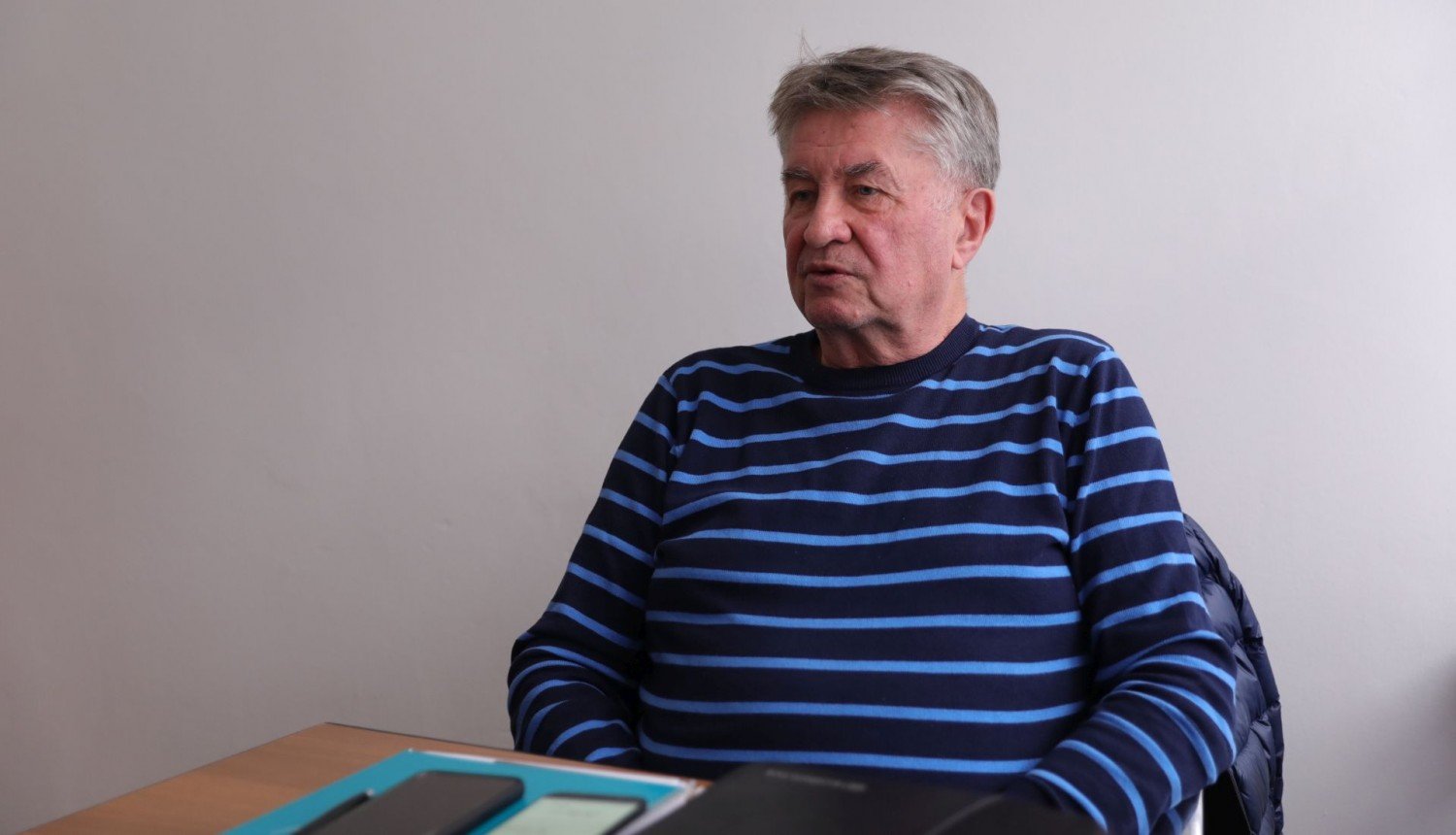
The main reason for the long waiting times for tests, such as MRI scans, is that the Zenica Cantonal Hospital has only one MRI machine!
As a result, the primary request of the association was for additional funds to be allocated for 2025, so that patients can undergo necessary tests at private healthcare institutions without incurring additional costs, in line with oncology protocol.
It seems that their requests have been acknowledged. Omer Škaljo, Director of the Health Insurance Institute of the Zenica-Doboj Canton (ZZO ZDC), stated during the roundtable that a public call will soon be announced, to which private healthcare institutions will also be able to apply:
"The Health Insurance Institute, together with its management, has allocated two million KM for CT and MRI in the 2025 budget, taking into account the problem of waiting times and waiting lists for any reason. We will issue a special public call to which all healthcare institutions, both public and private, that meet the requirements can apply. The tender will be published, and contracts will be signed with those who meet the conditions."
QUESTIONS WITHOUT ANSWERS
However, the question remains whether patients from the Zenica-Doboj Canton (ZDC) have had the right to reimbursement for the cost of tests conducted at private healthcare institutions over the years. Boris Crljenica says they still do not have a clear answer.
"The Director of the Health Insurance Institute of ZDC categorically stated, when asked if we have the right to reimbursement, that we do not have that right. And we asked the question: whose money is it? It’s our money, the money of health insurance contributors, who have been filling this fund all our lives. However, we have information that there is a decision on reimbursement, which is either applied selectively or not applied at all," he told us.
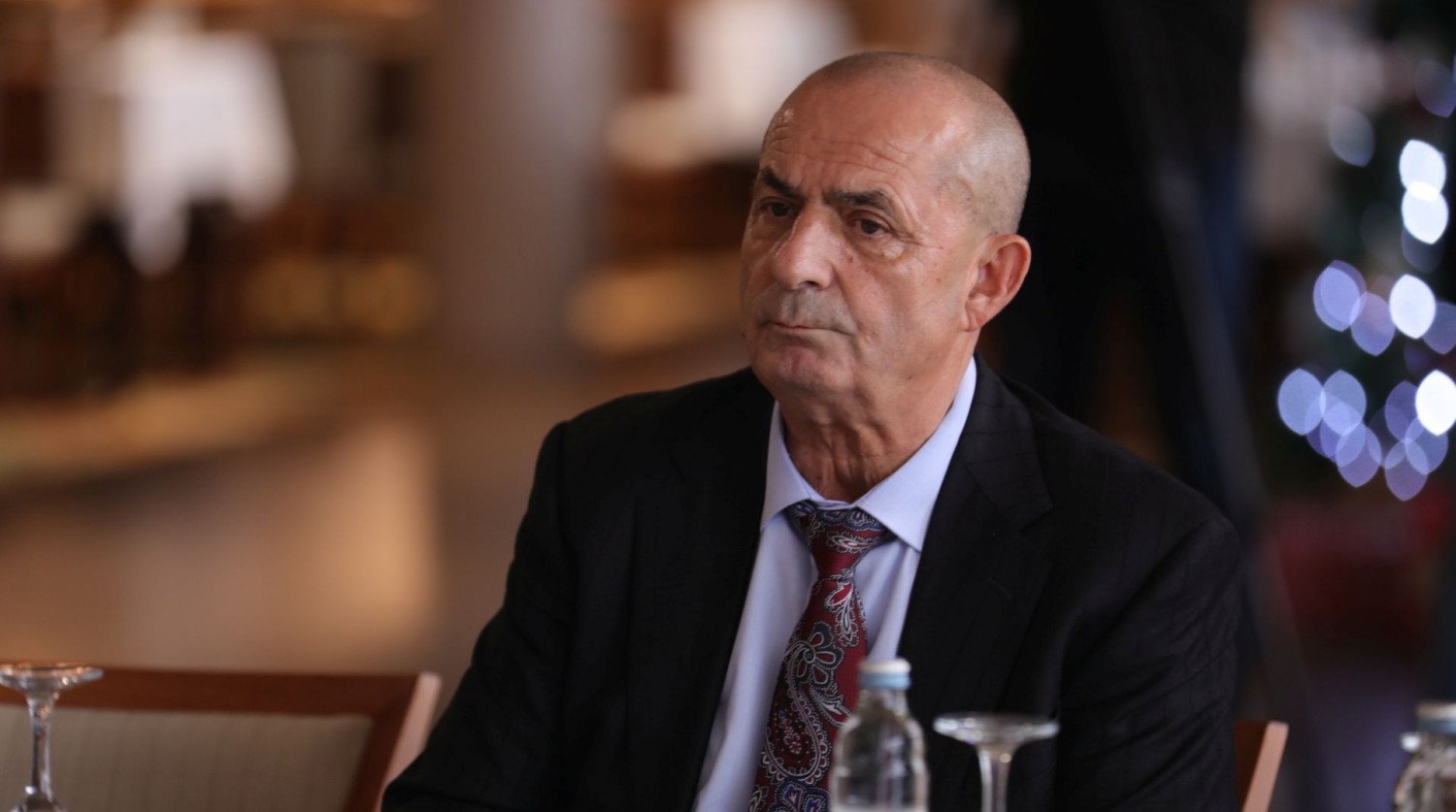
Journalists from Žurnal also attempted to obtain an answer to this and other important questions. However, even after several weeks, the ZZO ZDC had not responded to their request for access to information.
It is worth noting that Omer Škaljo is one of the highest-paid, if not the highest-paid, directors of a health insurance institute, with an income exceeding 10,000 KM!
There are further complaints about the work of the ZZO ZDC, according to the president of the SNOP Association.
"The structure of the Board of Directors of the Health Insurance Institute consists of three members from the insured sector, two members from the economy sector, and four members from the sector of healthcare workers. When it comes to the two members of the economy sector, no one in Zenica's business community knows who these people are. I mean the two business associations; we held meetings with them, and no one knows these two representatives. This means that those who directly contribute to the Health Insurance Institute's budget do not have any reports on the implementation of plans, nor do they have the opportunity to officially discuss future plans," Boris Crljenica points out.
The experiences, views, and specific data presented clearly reflect the scale of the problems faced by oncology patients in this canton. Despite the efforts and dedication of the medical staff, the healthcare system as a whole, especially the patients, continues to bear the consequences of inter-party conflicts and the insufficient accountability of key actors.
(zurnal.info)





